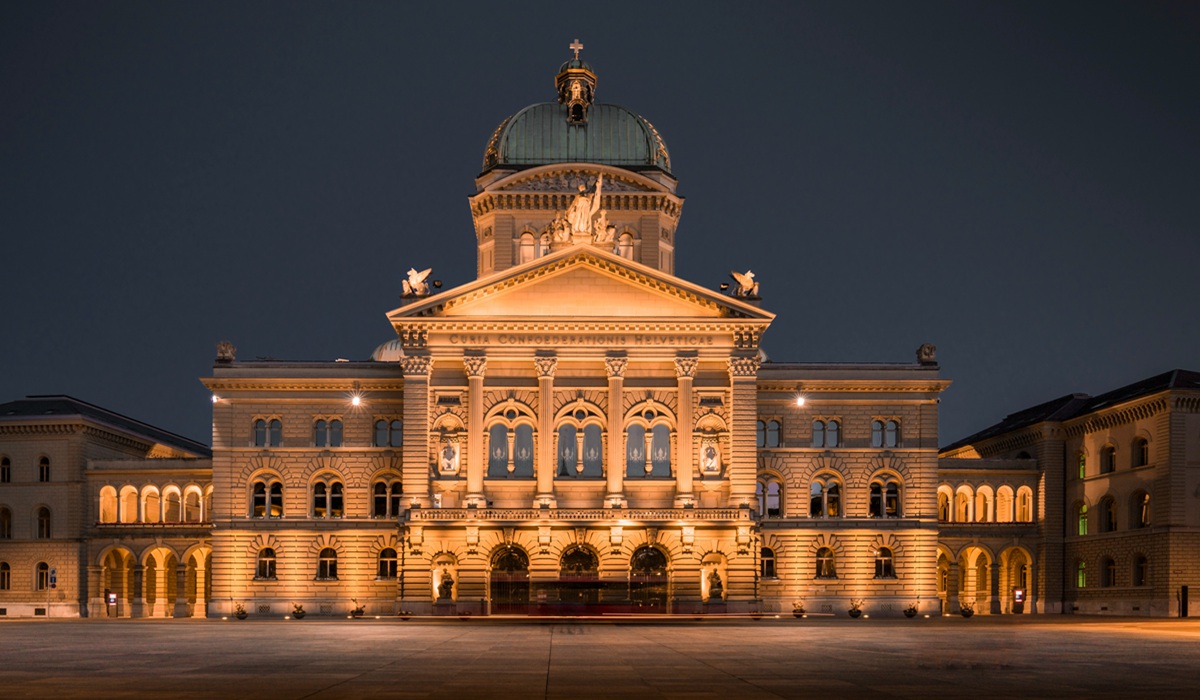The Quiet Space Democracy Forgot: Should Every New Government Deserve Time to Breathe?
- TDS News
- Trending News
- November 22, 2025

By: Donovan Martin Sr, Editor in Chief
There is a moment just after an election that feels almost sacred. The speeches have ended, the signs are coming down, the numbers are inked into history, and a country exhales. For a brief, fragile second, there is the possibility of calm — a pause between what was and what is about to be. But in modern politics, that moment barely exists. It is trampled almost immediately by pundit panels, partisan outrage, social media warfare, and a barrage of condemnation that begins before the new leaders have even walked into their offices. We have normalized political ambush as civic engagement and confused constant criticism with accountability. What if we are wrong? What if something essential is missing from our democratic process, something as basic, as human, and as necessary as grace?
A government coming into power after a decade in opposition is not stepping into a clean room. It is entering a house that has been lived in, cluttered with past decisions, unresolved debates, long-standing programs, funding gaps, ideological scars, half-finished reforms, and institutional inertia. Every policy it inherits carries a history. Every statute carries fingerprints. Every ministry contains both intention and damage, success and failure, buried beneath layers of bureaucracy and public expectation. To undo, revise, or replace any of it is not an act of simple will. It is a complicated process that requires review, data, negotiation, legislation, budget recalculations, legal analysis, and, most of all, time.
And time is precisely what we do not give.
The moment a new government is sworn in, the countdown begins. Not the countdown to improvement — but the countdown to failure. Every glitch is magnified. Every delay is framed as incompetence. Every adjustment is labeled a broken promise. The same opposition that once begged for patience when it was in power becomes merciless in its criticism, wielding rhetoric as if the problems of the past decade were born overnight. The conversation shifts from “how do we fix this?” to “how do we embarrass them?” And instead of being about governance, it becomes about survival, optics, and narrative control.
That is not democracy. That is performance.
A true grace period would not be a suspension of accountability. It would not be a blank cheque. It would be an acknowledgment of reality. It would be an understanding, shared by media, opposition, and the public, that rebuilding systems takes longer than breaking them. It would recognize that a new government, especially one inheriting deeply embedded policy directions, requires space to assess before it acts. To audit. To consult. To rebuild teams. To understand the mechanics of the very machine it has just inherited. No organization on Earth undergoes a leadership change without a transition period, yet we expect governments, which are infinitely more complex, to perform perfectly on Day One under a microscope of hostility.
The deeper question is not even about politics. It is about psychology. We have trained ourselves to crave conflict. Television panels filled with yelling politicians generate ratings. Viral clips of heated parliamentary exchanges get more clicks than careful legislative work. Civility has become boring. Cooperation is seen as weakness. Bipartisanship is viewed as betrayal. And so, even when a government introduces a genuinely strong policy, the opposition is almost incapable of acknowledging it — not because the idea is flawed, but because the source is wrong. The policy becomes irrelevant. The only thing that matters is who proposed it.
That is not opposition. That is sabotage disguised as principle.
The role of the opposition was never meant to be obstruction for the sake of obstruction. It was created to scrutinize, to propose alternatives, to defend minority concerns, and to hold power ethically in check. But something corrosive has happened over time. Opposition has turned into permanent campaign mode. Every moment is an audition for the next election. Every speech is an ad. Every criticism is less about protecting citizens and more about positioning power. The citizen is no longer served. They are used as a rhetorical device, invoked in speeches but abandoned in practice.
And the citizens feel it. In quiet grocery lines. In hospital waiting rooms. In school pick-up zones. They feel it in the price of gas, in the length of doctor waitlists, in the aging infrastructure, in the anxiety about safety. They are not asking for ideological victories. They are not asking for political theatre. They are asking for things to work. They want a healthcare system that heals, an education system that prepares, a justice system that protects, and leadership that remembers its job is not to dominate a news cycle but to steward a nation.
The endless bickering does something far more dangerous than delay policy. It erodes faith. When citizens watch elected officials insult one another daily, mock concerns, interrupt, threaten early elections, and perform outrage instead of leadership, something inside them shuts down. They stop listening. They disengage. They lose hope. And a democracy without hope is not a democracy at all. It is an empty ritual.
Would a formal grace period fix everything? No. But it could shift something profound. It could force a cultural reset. It could create an expectation that a new government is given a structured window not of silence, but of measured evaluation. During that time, the focus would be on transparent reporting, realistic goal-setting, independent reviews, citizen consultations, and sober planning — not partisan attack. The opposition could still function, but in a way rooted in national interest instead of political bloodsport. The media could still report, but with context instead of constant provocation. Citizens could breathe long enough to believe that perhaps this time, the work is real.
Is it feasible? Technically, yes. But politically, it would require something revolutionary in today’s world: maturity. It would require leaders brave enough to lower the volume. Parties willing to imagine a future in which cooperation does not equal weakness. Journalists who understand that democracy is not fueled by outrage but by informed trust. And it would require citizens to demand better — not from one party, but from the entire system.
Because at the end of the day, no government, no opposition, no leader, no ideology is more important than a functioning society. And a society cannot function when all it sees of its leadership is hatred, division, and endless noise.
People do not want perfection. They want progress. They do not want empty promises. They want real solutions. They do not want politicians fighting each other. They want leaders fighting for them.
And maybe, just maybe, what democracy needs most right now is not another hot take, another scandal, another early election threat — but a little grace.








